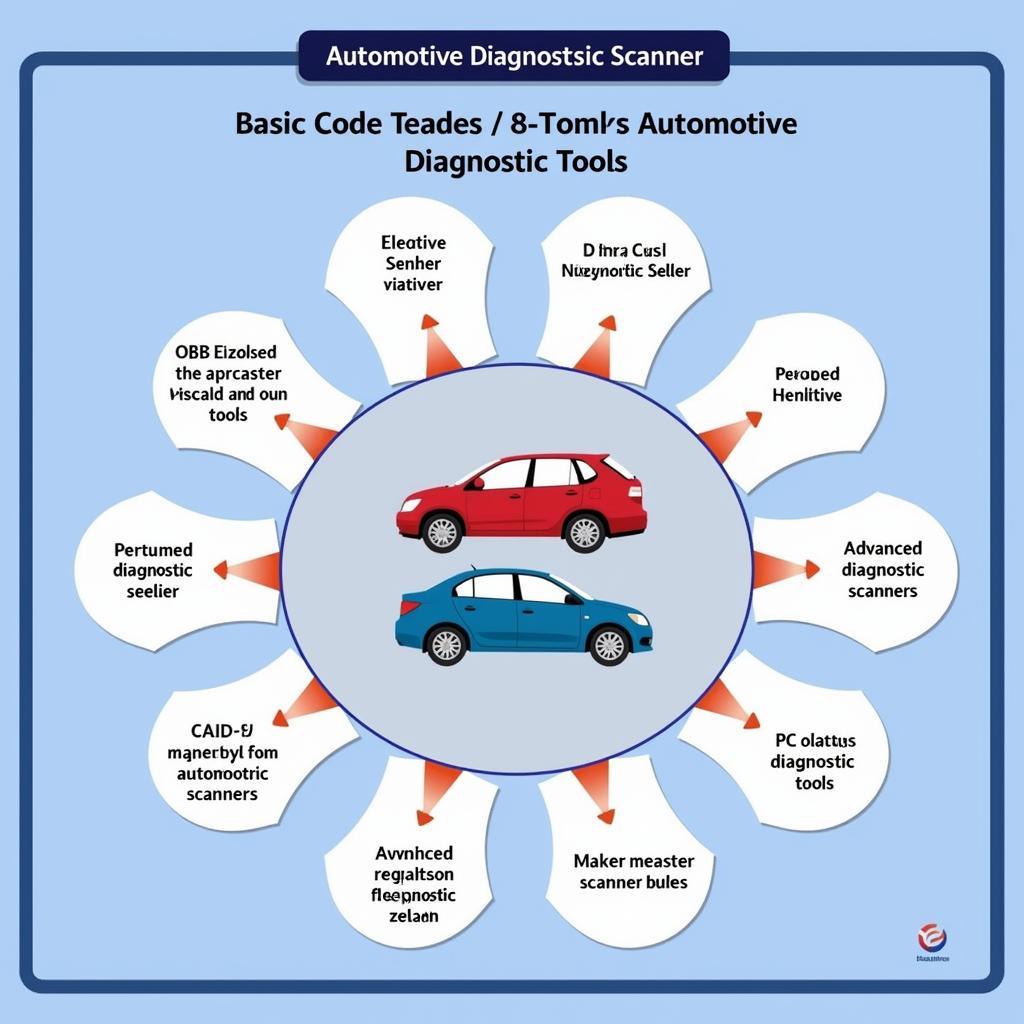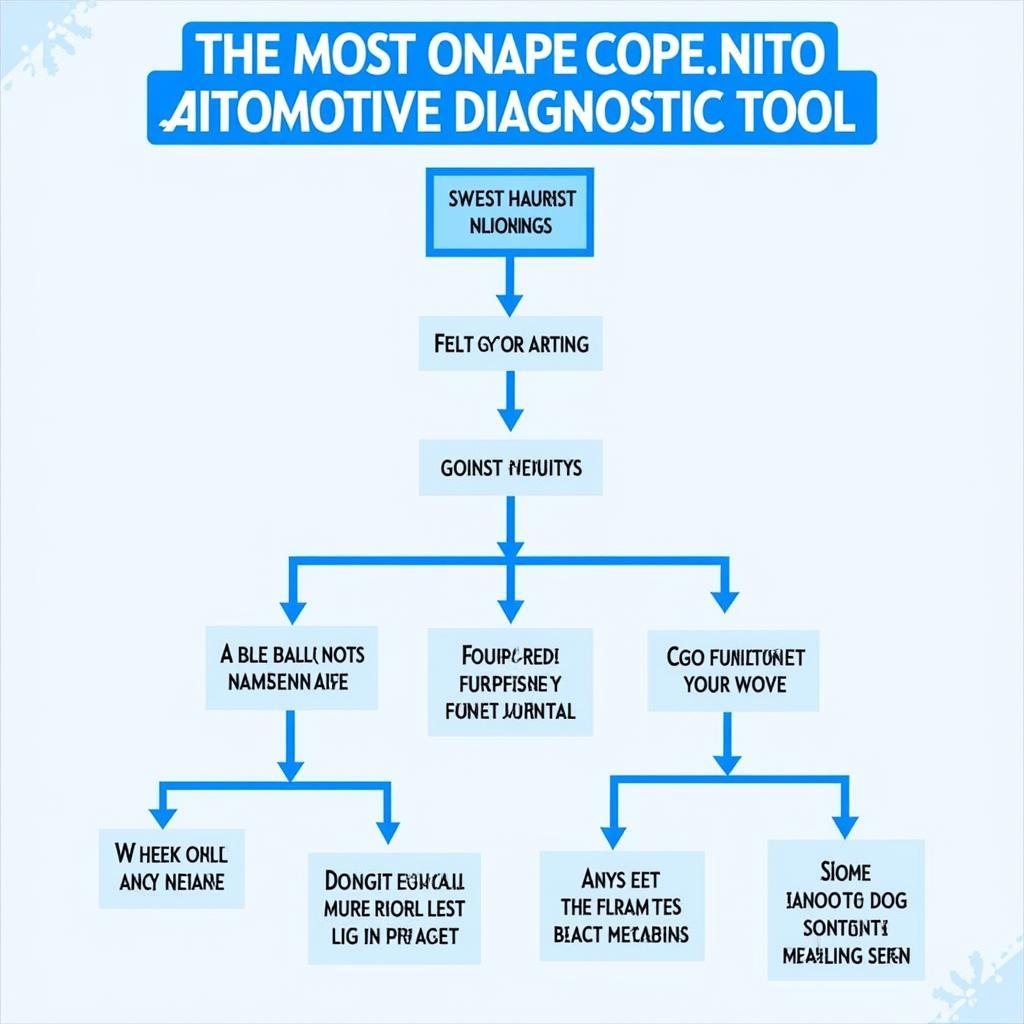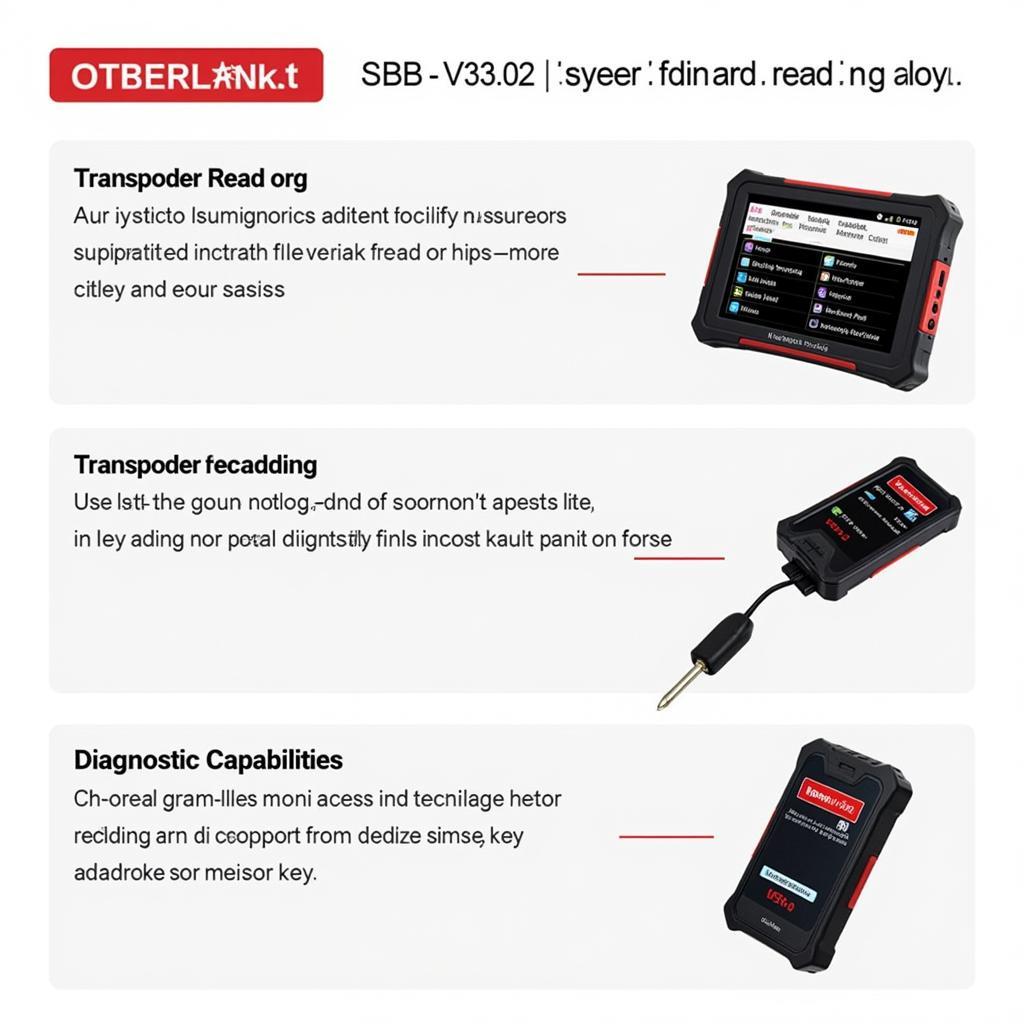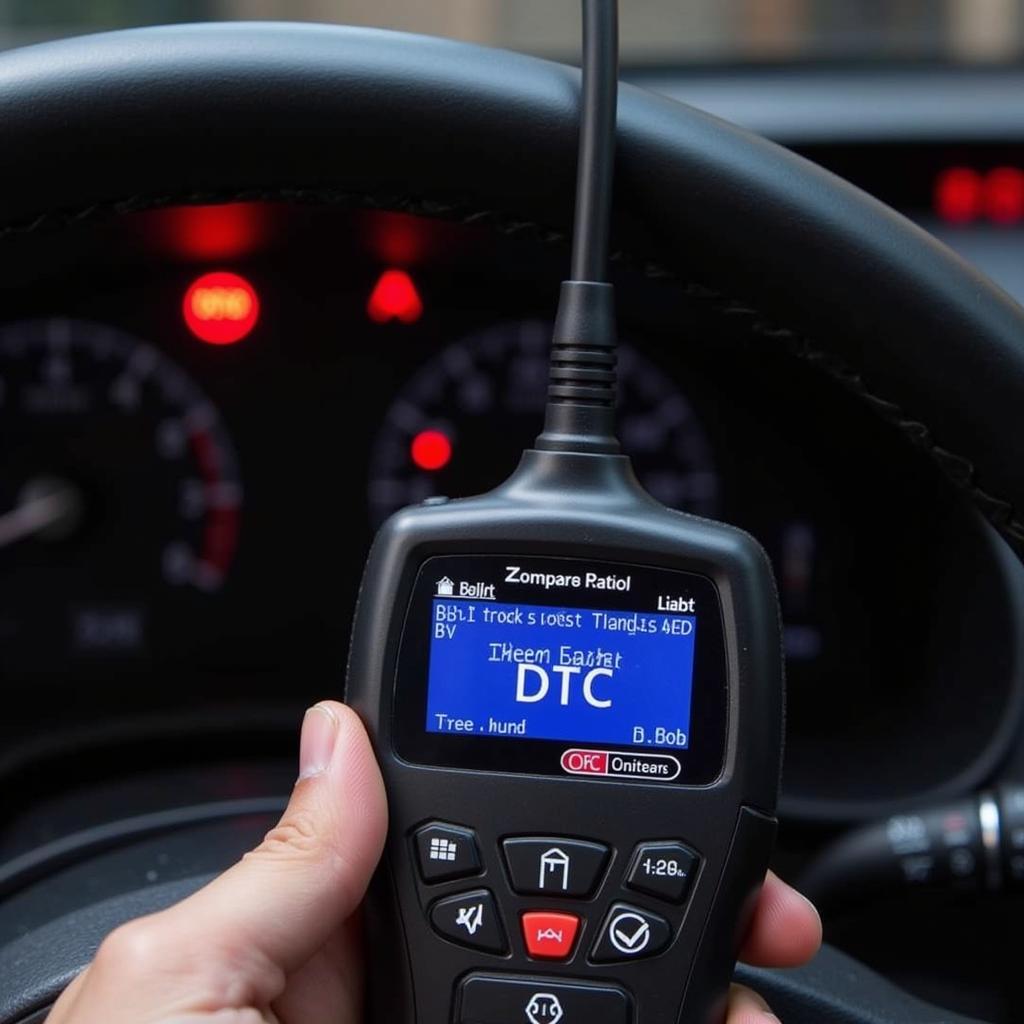Choosing the right automotive diagnostic tool can feel like navigating a maze. With so many options available, each boasting unique features and capabilities, how do you pinpoint the perfect one for your needs? Whether you’re a seasoned mechanic or a car enthusiast tinkering in your garage, this guide, along with a handy flowchart, will empower you to make an informed decision.
Understanding Your Diagnostic Needs
Before diving into the sea of diagnostic tools, take a moment to analyze your specific requirements.
- What type of vehicles do you primarily work on? Different tools cater to different makes and models. Some specialize in European cars, while others excel with Asian or domestic vehicles.
- What systems are you equipped to diagnose and repair? If you’re comfortable diving into complex modules like ABS or transmission control, you’ll need a more advanced tool than someone focused on basic engine diagnostics.
- What’s your budget? Diagnostic tools range from affordable code readers to high-end professional scanners. Set a realistic budget to narrow down your choices.
Types of Diagnostic Tools: A Quick Overview
Let’s break down the different categories of diagnostic tools:
1. Basic Code Readers: As the name suggests, these tools primarily read and clear basic engine trouble codes (DTCs). They are ideal for DIYers and those who need a quick check on their vehicle’s health.
2. OBD-II Scanners: Offering a step up from basic code readers, OBD-II scanners provide more detailed information about DTCs, including freeze frame data and live sensor readings. They are suitable for both car owners and professional mechanics working on a budget.
3. Advanced Diagnostic Scanners: These professional-grade tools offer comprehensive diagnostic capabilities, including bi-directional control, module coding, and access to manufacturer-specific systems. They are essential for experienced technicians working on a wide range of vehicles.
4. PC-Based Diagnostic Tools: These tools leverage the power of a computer to provide advanced diagnostic features, data logging, and software updates. They often come with extensive vehicle coverage and are popular among professional mechanics.
 Types of Diagnostic Tools
Types of Diagnostic Tools
Which Diagnostic Tool to Use Flowchart
To simplify your decision-making process, we’ve created an easy-to-follow flowchart. Answer the questions at each step to find the best diagnostic tool for your needs:
 Diagnostic Tool Flowchart
Diagnostic Tool Flowchart
Key Features to Consider
Once you have a general idea of the type of diagnostic tool you need, delve into the specific features that matter most:
1. Vehicle Coverage: Ensure the tool supports the makes and models you work on. Look for tools with regular software updates to stay current with newer vehicles.
2. Functionality: Determine the essential functions for your needs. Do you need bi-directional control to activate components for testing? Is module coding a requirement?
3. User Interface: Choose a tool with an intuitive and user-friendly interface. Consider factors like screen size, menu navigation, and data display clarity.
4. Software and Updates: Opt for tools with regular software updates to ensure compatibility with new vehicles and access to the latest features.
5. Durability and Build Quality: Diagnostic tools should withstand the rigors of a workshop environment. Look for tools made from durable materials with robust construction.
“Investing in a high-quality diagnostic tool is an investment in your efficiency and accuracy,” says John Smith, a seasoned automotive engineer with over 20 years of experience. “Don’t hesitate to spend a little extra for a tool that will save you time and headaches in the long run.”
Choosing the Right Tool for You
Finding the perfect diagnostic tool is a personalized journey. By carefully considering your needs, budget, and the factors outlined in this guide, you can confidently select a tool that empowers you to diagnose and repair vehicles effectively.
Remember, the right tool can mean the difference between a quick fix and hours of frustration. Contact ScanToolUS at +1 (641) 206-8880 or visit our office located at 1615 S Laramie Ave, Cicero, IL 60804, USA for personalized guidance in selecting the best automotive diagnostic tool for your specific needs. Our team of experts is here to assist you in making the right choice!


